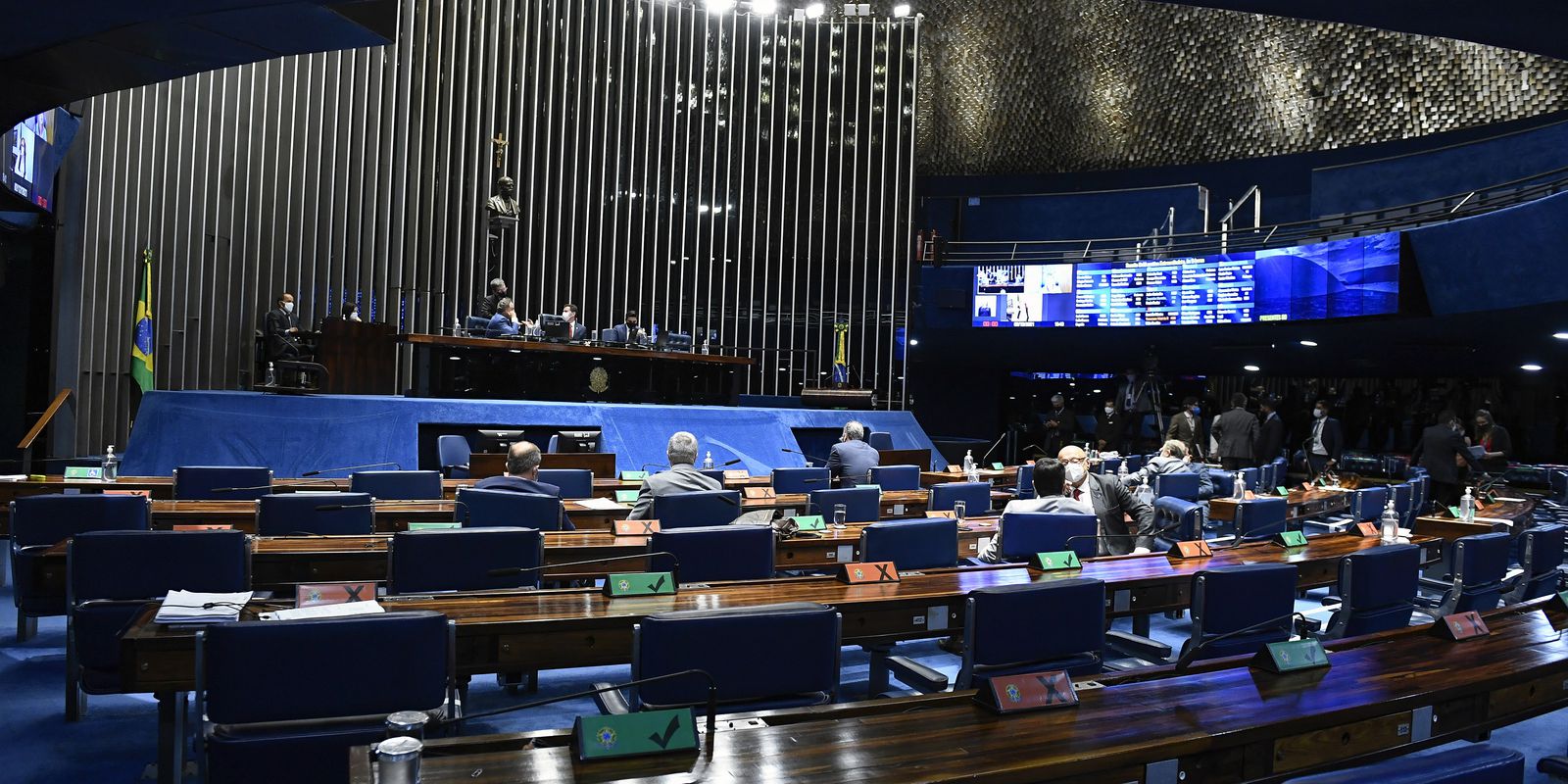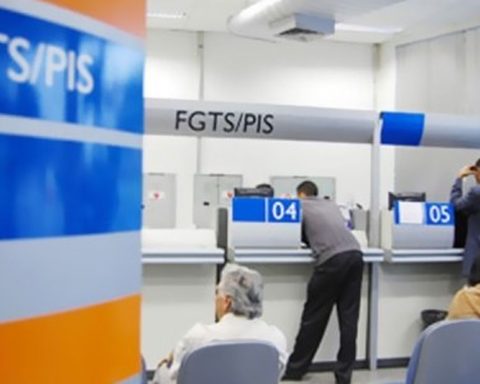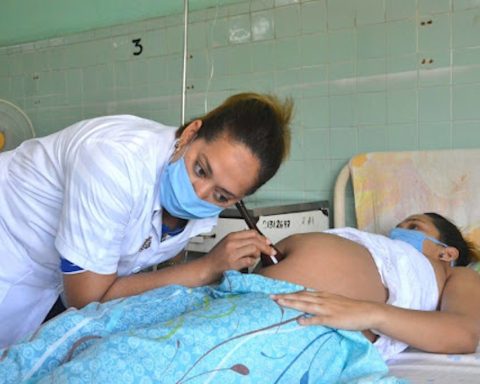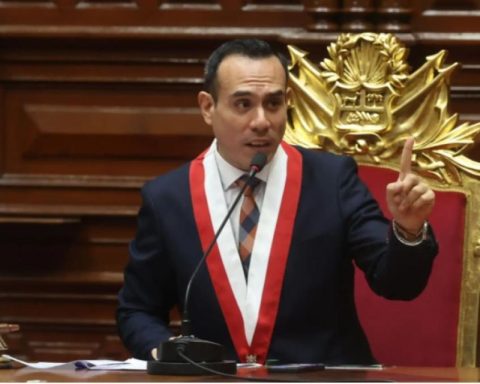The Senate approved today (9) the Complementary Law Project (PLP) 235/2019, which creates the National Education System (SNE). The idea of the proposal is to universalize access to basic education by harmonizing policies, programs and actions of the Union, the Federal District, states and municipalities. The SNE’s goal is, among others, to eradicate illiteracy; fulfill education plans at all levels of the Federation and value education professionals. Now, the project goes to the Chamber.
The rapporteur of the project in the Senate, Dario Berger (MDB-SC), compared the role of the SNE with that of the Unified Health System (SUS) in the management of public health in the country. “If the SNE in itself is not the universal panacea, capable of solving the tremendous challenge of the quality of education in the country, on the other hand, the potential contribution it presents, as well as other systems in force in the country, becomes increasingly evident. , such as the Unified Health System and the Unified Social Assistance System [SUAS]”, he stated in his report.
The text presents a series of SNE principles and guidelines. Among others, equality of conditions for access and permanence in school; equity in resource allocation and policy definition; and the articulation between school, work and social practices.
In addition, the SNE will have as guidelines the guarantee of inclusive policies for students with disabilities, global disorders and high abilities and the meeting of the specific needs of rural populations and traditional, indigenous and quilombola communities.
Berger said it took two years of debate to get to the final text. He stated that the SNE is a way of honoring the struggle of so many Brazilian educators for a more accessible quality education for the entire population. As an example, he cited professor Anísio Teixeira (1900-1971), who defended the public school as a promoter of democracy.
Valuing teachers
According to the rapporteur, the approved text strengthens and values “the role of education professionals and the integration of public school education with society, through democratic management”. In this sense, the project creates the Forum for Valuing Education Professionals, with representatives from governments and organized civil society. One of the focuses of these forums will be the progressive update of the national basic education salary floor.
* With information from the Senate Agency
















